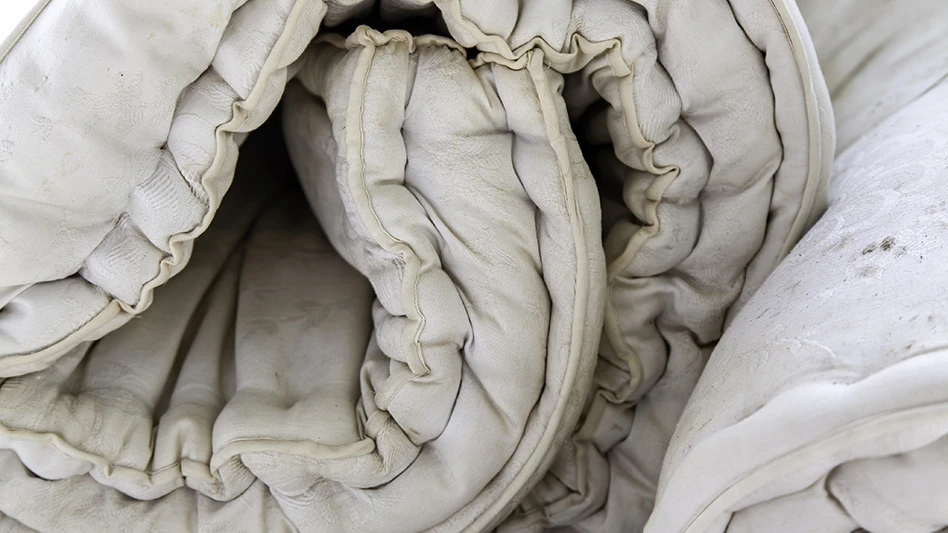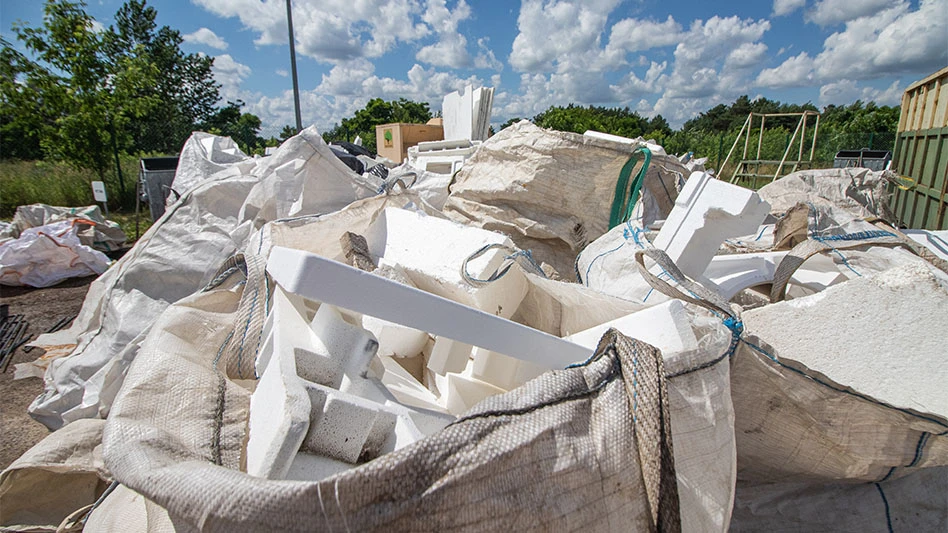
The Washington Senate approved legislation March 2 that would require increased recycled content in plastic beverage containers, trash bags and bottles for household products; ban expanded polystyrene food ware, recreational coolers and packing peanuts; and require that utensils, straws, cup lids and condiments only be provided to customers on request.
SB 5022, sponsored by Sen. Mona Das (D-Kent), builds on a bill Das championed in 2020 that banned thin plastic carryout bags and required that thicker plastic bags consist of 40 percent post-consumer recycled content.
“Plastic and expanded polystyrene have become huge problems,” says Das, “not only for the damage that plastic and foam waste does to our beautiful Washington landscape and wildlife, but also because they are a growing part of our state’s solid waste management challenge.
“That’s why the Washington Legislature has taken groundbreaking steps in recent years to address the problem of plastic and why continuing that progress is so important.”
Addressing plastic and, especially, expanded polystyrene is popular with the public. A recent Public Policy Polling survey of bipartisan participants in Colorado, Florida, Maine and Washington found that upwards of 76 percent of respondents would like to see more legislation to reduce plastic and water pollution. A majority (57 percent) of people surveyed say they support a statewide ban on foam takeout containers, while just 26 percent say they oppose it.
SB 5022 would require beverage manufacturers to meet progressively greater levels of post-consumer recycled content in their plastic containers, averaged across all sales and distribution. This would apply to most beverages in containers sized between 2 ounces and a gallon, and would exempt infant formula or medical foods. It would also exempt some containers like refillable containers, wine bladders and medical products.
By 2023, at least 15 percent of a product’s weight would need to be recycled content, increasing to 25 percent by 2026 and 50 percent by 2031. Dairy milk containers would be extended an additional five years under the bill. Similar standards would be established for recycled content in bottles and jugs (from 8 ounces to 5 gallons) for household cleaning and personal care products. Certain standards would apply to plastic trash bags. Recycled content standards for plastic trash bags start at 10 percent in 2023, 15 percent in 2025, and 20 percent in and after 2027. Biomedical and dangerous waste bags would be exempted.
In regards to expanded polystyrene, the sale or distribution of the following products would be prohibited beginning June 2023: most portable coolers, most food service ware and containers, and expanded polystyrene packing peanuts. This expanded polystyrene prohibition is similar to SB 6213, legislation that passed the Senate in 2020.
The bill would also require that food service businesses provide plastic utensils, straws, condiment packaging and cup lids only upon request, beginning in 2022, with some exceptions made for hot beverage lids, drive-throughs, and delivery services.
The bill now moves on to consideration in the House.
Latest from Recycling Today
- Alpla calls 2024 year of recycling growth
- Altilium says agreement puts it on lithium recycling path
- NWRA, SWANA partner to address lithium-ion batteries
- Corinth, Texas, renews waste contract with CWD
- Fresh Perspective: Sarah Zwilsky
- Plastics Industry Association announces leadership changes
- QCC celebrates 50th anniversary
- Venture Metals acquires 2 nonferrous processors





